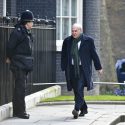Guides
Acts of ParliamentDevolved GovernmentHouse of CommonsHouse of LordsLegislative ProcessWhitehallPolitical PartiesThe Political Process Display All
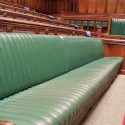
Recesses in the House of Commons
The House of Commons Recess is a phrase that is used to describe the period when the House of Commons is not sitting. Most MPs become notably prickly when it is suggested that a Parliamentary recess means that Members of Parliament are on holiday.Read More
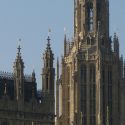
Register of Members Interests
The Register of Members Interests includes details of the staff or family members that an MP employs; any significant shareholdings or property income that they possess; gifts and donations that they have received; and details of the outside employment or Directorships that they undertake.Read More
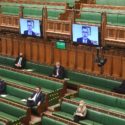
Report Stage
This Report Stage of a Bill occurs normally at least two weeks after the end of the committee stage of a Bill.Read More
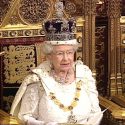
Royal Assent
Upon receiving its Royal Assent, a Bill then becomes an Act. Since 1952, Queen Elizabeth II has given Royal Assent to more than 3,650 Acts of Parliament.Read More
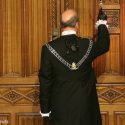
Salisbury Convention
The Salisbury Convention, sometimes called the 'Salisbury doctrine', states that the Lords will not vote down a Bill that seeks to enact a manifesto pledge on which a government was elected. Some have questioned the Convention, following the 1999 Lords Reform which removed the majority of hereditary peers.Read More
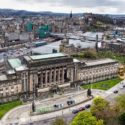
Scottish Government – Composition
The Scottish Government is made up of the First Minister, Cabinet Secretary's, junior Scottish Ministers below Cabinet level. Here are the details of the current Scottish Executive.Read More

Scottish Independence Polls
The latest Scottish opinion polling data, detailing current levels of support for the 'Yes' and the 'No' side, and how this has changed over the years.Read More

Scottish National Party
The Scottish National Party (SNP), is a pro Scottish independence party that sits on the left of the political spectrum. It is currently by far the largest party in Scotland and has been in government in the Scottish Parliament continuously since 2007.Read More

Scottish Parliament – An Overview
The Scottish Parliament, based in the Holyrood area of the City of Edinburgh, first sat in 1999. An overview of the Parliament , covering its current membership, sitting patterns and times, voting mechanism, powers, and operations.Read More
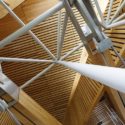
Scottish Parliament – Committees
Scottish parliament committees are deliberative, coming up with proposals for new bills, taking evidence on current affairs and reporting on issues affecting Scotland. They resemble those from the European parliament more than those at Westminster.Read More

Scottish Parliament – Elections
The Scottish parliament is made up of 129 elected MSPs, elected by the additional member system, a form of proportional representation. Each voter has two votes - one for a constituency and one for a member from a regional list.Read More
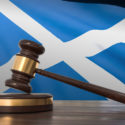
Scottish Parliament – Legislation
The Scottish parliament may legislate on any issue that is not in a reserved area for Westminster. A bill can be introduced by the Scottish Executive, by a Scottish Parliament Committee, or as a private members bill by an individual MSP.Read More
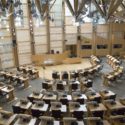
Scottish Parliament – Powers
An overview of the current powers of the Scottish Parliament and Executive, how the Scottish Parliament's powers have increased in recent years, and the policy areas that are currently still reserved for Westminster.Read More
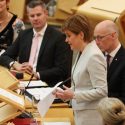
Scottish Parliament – Question Time
The Scottish Executive is held accountable to the Scottish Parliament through Parliamentary Questions. These involve oral question sessions once a week, First Minister's Questions at noon on Thursday, and written answers for those questions not answered orally.Read More
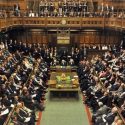
Second Reading
A debate on the Second Reading of a Bill is a debate on its general principles. It is normally held at least two weeks after the introduction of the Bill at First Reading.Read More
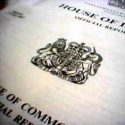
Secondary Legislation
Statutory instruments are known as Secondary legislation They make changes to the law under powers that have been specified in a previous Act of Parliament.Read More
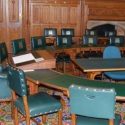
Select Committees
There are two types of House of Commons Select Committee - departmental and non-departmental. Select Committees invite their witnesses to attend. If that is not forthcoming, a Committee can potentially issue a summons for people to attend.Read More
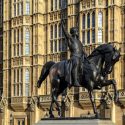
Select Committees in the House of Lords
Lords Select Committees tend to be set up to consider issues that cut across government departments, which means that they rarely overlap with the departmental select committees of the House of Commons.Read More

